What can we learn from our grandparents about sustainable living?
There is nothing new about sustainability. Most people over 50 have been fixing, recycling and making do for years – so it’s no surprise, discovers Rose Stokes, that the life hacks that served the older generations are back in fashion

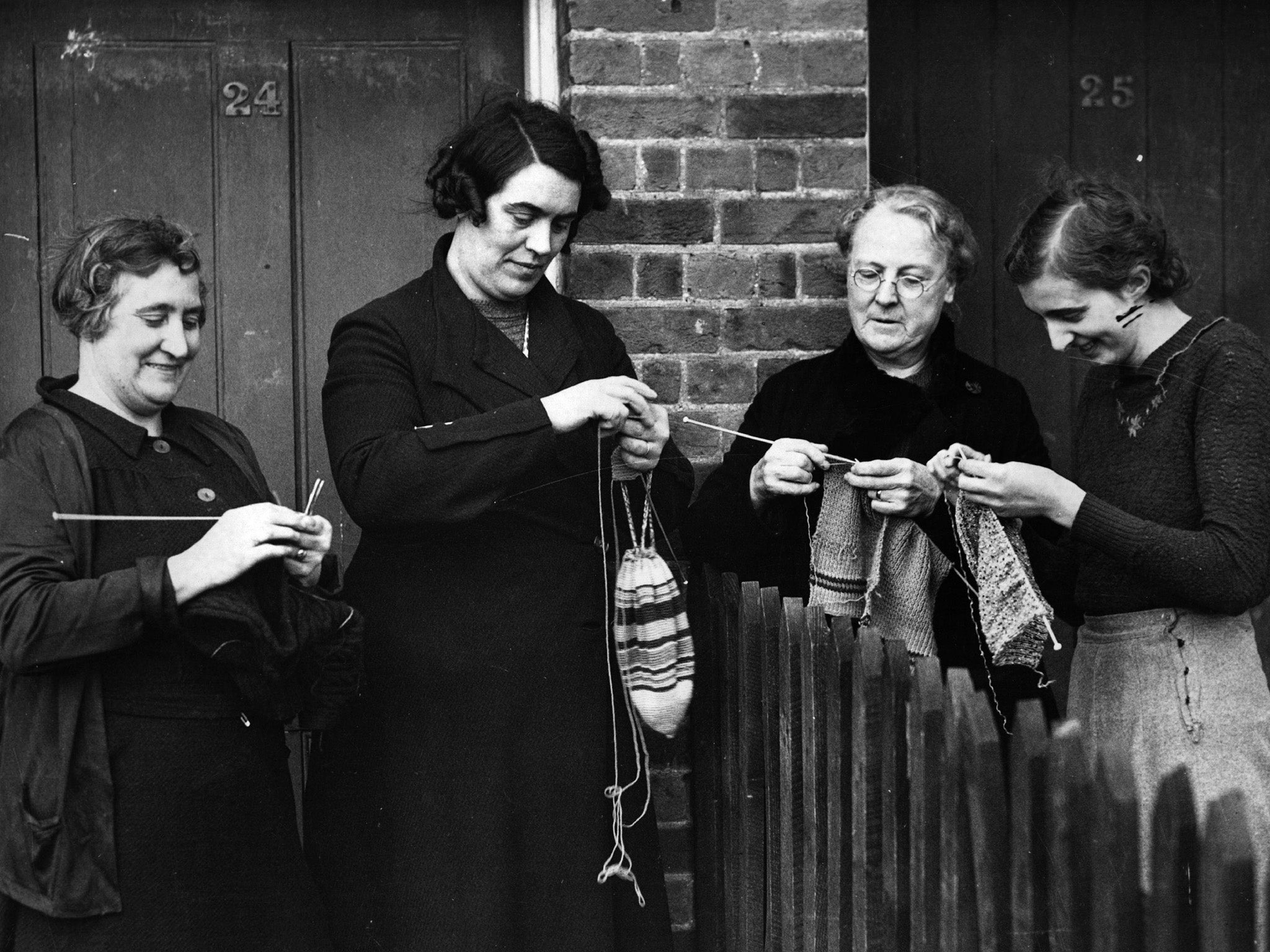
When I was young, my grandpa used to fill the kettle in the morning, boil it and decant the contents into a flask. This meant that he boiled the kettle just once a day, thereby saving electricity and, crucially, money. In my childhood many of these habits and behaviours that governed how my grandparents and, by extension, my parents lived seemed odd. Having been born in the late Eighties without any lived experience of wartime – or even post-war – Britain, I struggled to understand these idiosyncrasies, considering them to be markers of their personalities, rather than indelible imprints of a time gone by.
My grandma would collect all of the fruit that fell from the trees in the garden and – without fail – would make a stock of jam to last the winter. If something in the house broke, my grandpa, an engineer by trade, would find a way to fix it; whether that meant by himself, or by asking someone down the pub who might have the requisite skills. I often remember wistfully that no matter the season of our visit, my grandma – and later, my grandpa, following her death – would stew apples every Sunday for his breakfast throughout the week. Still now, I have a Proustian fondness for stewed apples.
My parents straddled the period between the “waste-not-want-not” post-war mentality and the boom in mass consumerism and neoliberalism of the late eighties and nineties in the west. That is to say that while their incomes and resources increased, anything classed as “wasteful” was to be avoided. My mum knitted (and still does), they always had a healthy vegetable patch nourished by a compost heap in the garden and all options to try to repair a broken item would have to be exhausted before we’d consider buying a new one.
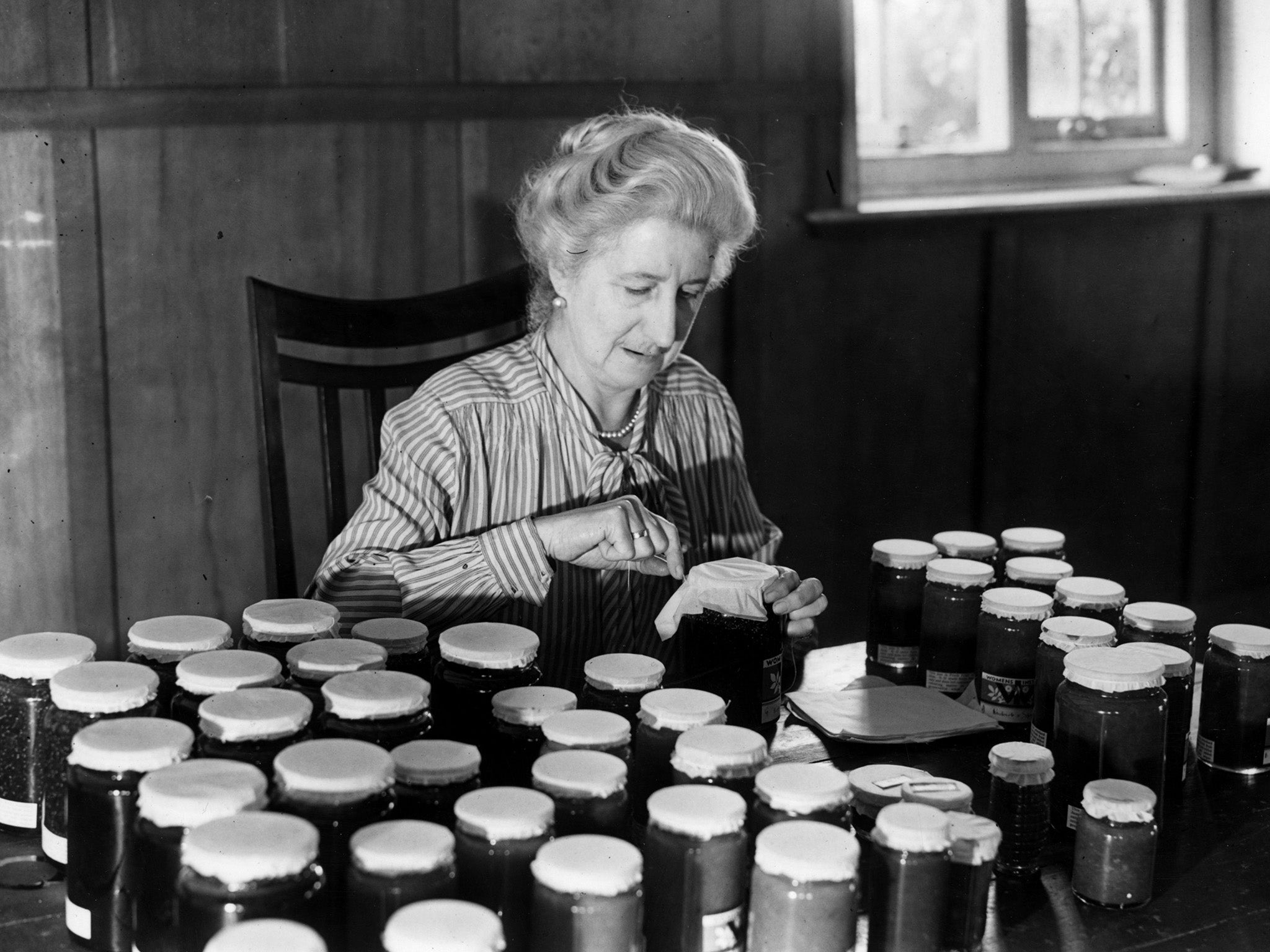
However, like most families, our behaviour adapted with the times. Amazon made it easy to replace broken items at a low cost. Fast-fashion brands precluded the need for repairing damaged items of clothing. Flights became cheaper, and so we took more of them. It became costlier to fix a car than to buy a new one (even for a family of engineers). Taxis became more affordable than group trips on the bus. And we got so used to these luxuries, our expectations shifted too.
Over the past few years, global conversations about the climate emergency and the role of humans in mitigating it have made progress. Individuals are starting to wake up to their responsibilities as consumers, and brands are popping up all over the place to try to meet the demand of a new market of “sustainable products”. Seldom a week passes without a new “listicle” or think-piece containing novel “life hacks” or ideas for how to live more sustainably. These pieces of advice usually hinge on a principle of encouraging reuse and moving away from a culture of disposal. Buy less, fix things, travel more mindfully, produce less waste, eat less meat, grow your own food, repair clothes, holiday closer to home – these are behavioural changes that are often cited by experts when asked how individuals can reduce their impact on the environment.
But is any of this really that “novel”? Tell anyone above the age of 50 that you’re learning the new “environmentally friendly concept” of reducing waste and consumption, and the ensuing eyeroll will be palpable at long range. It is perhaps a marker of our obsession with “newness” that we would sooner assume that these ideas are signs of innovation, rather than recycled habits from the past.
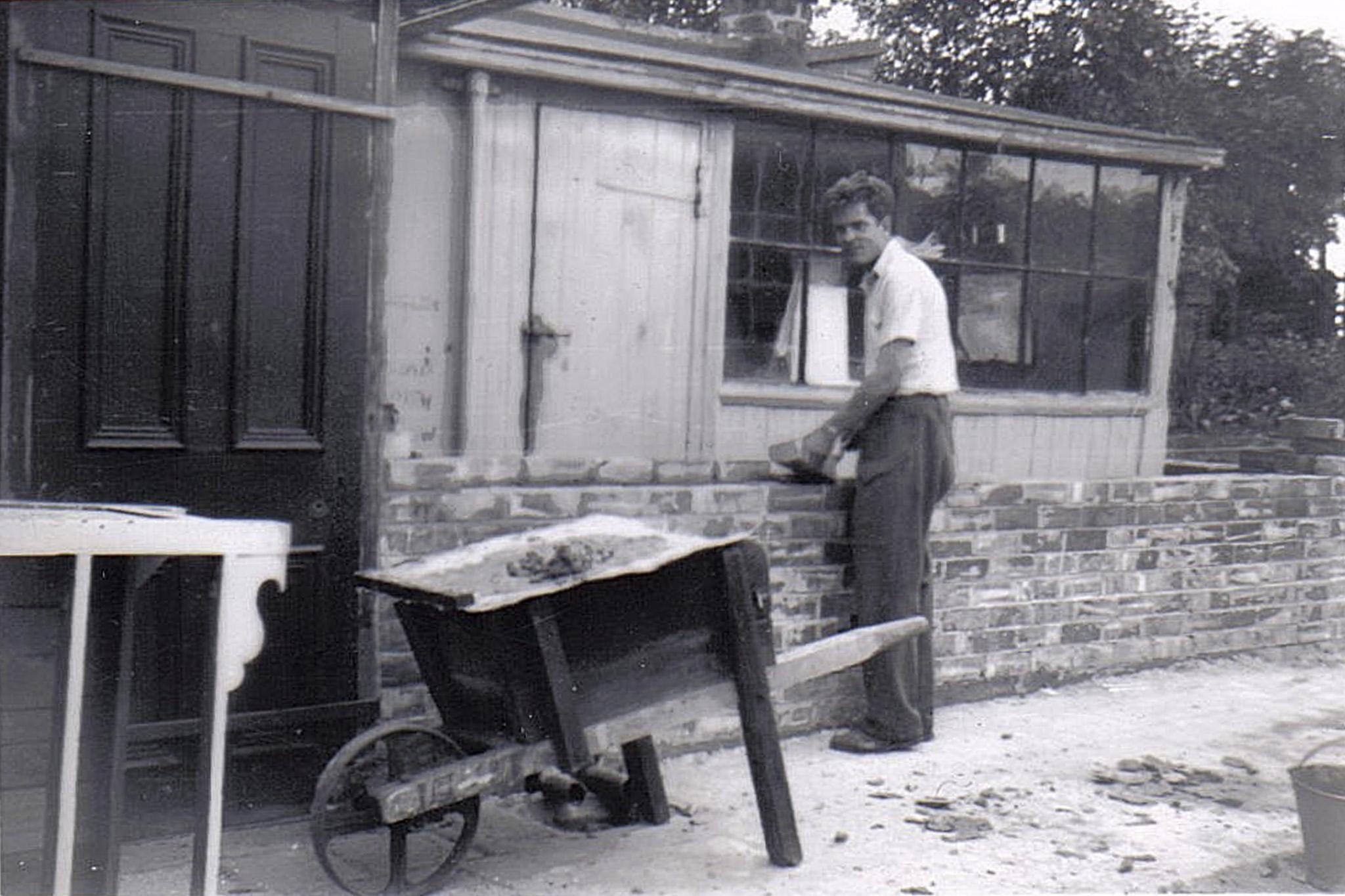
Language has shifted over the past few years: we talk now of a “climate crisis” rather than “climate change” – conveying consensus over the scale of the issue facing humanity. In fact, in May, MPs in Westminster approved a motion to declare a state of climate emergency. This was an important development for environmental campaigners, Extinction Rebellion, which had included it in its list of demands to the government, following a series of disruptive protests, although in practice it means very little.
It was also followed in September by news that hundreds of climate sceptics are mounting a campaign for environmental deregulation after Brexit, many of whom have links to the cabinet of Boris Johnson, the prime minister. And given that the only predictable thing about the next few days, weeks or even years of UK politics is that it will be unpredictable, the possibility of any consensus or continuity on environmental policy is remote.
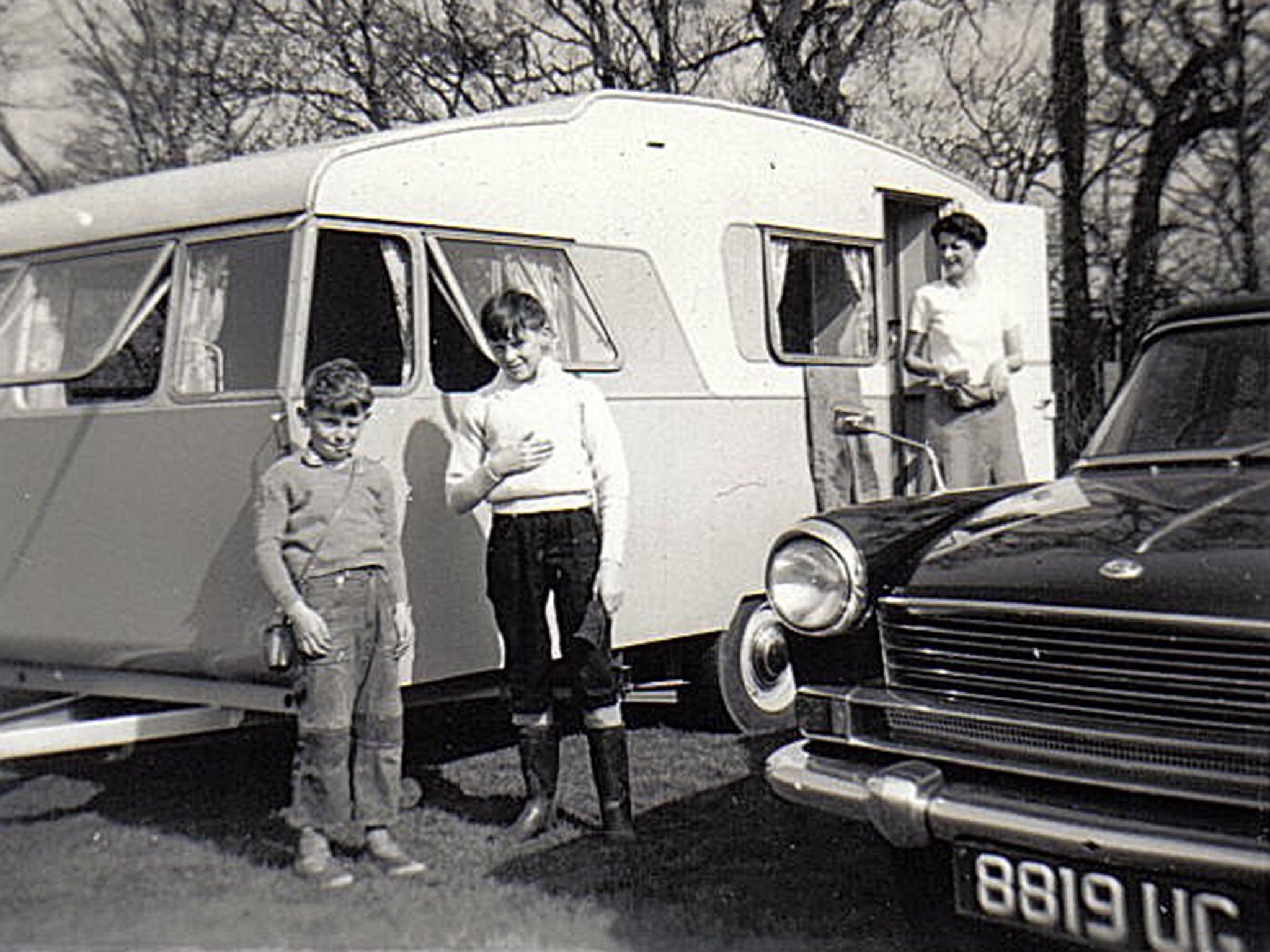
The stakes could hardly be higher. Recent calculations by Monica de Bolle, a prominent economist focusing on Latin America, show that we are much closer to an environmental tipping point (when the scale of climate damage is deemed irreversible) in the Amazon rainforest than previously estimated; in fact, she predicts that we could reach this landmark event as early as 2021. Dr Tim Taylor, an environmental economist at the University of Exeter and the institution’s co-lead for the INter-sectoral Health and Environment Research for InnovaTion (Inherit) project, “we’re facing a world where it looks like we’re going to break the 1.5°C threshold of temperature increase”. He continues: “As we add more and more to that pressure, we increase the challenges that future generations will have to respond to.”
So where does this leave us? As Dr Taylor says, this “emergency” presents us with a “great potential to change our habits in a variety of ways”, which “really do offer potential benefits for businesses and broader society”. He points out that initiatives directed at bringing progress on climate goals can often produce “triple wins”, with a knock-on impact on both public health, and health equity, which is an area on which he focuses his attention.
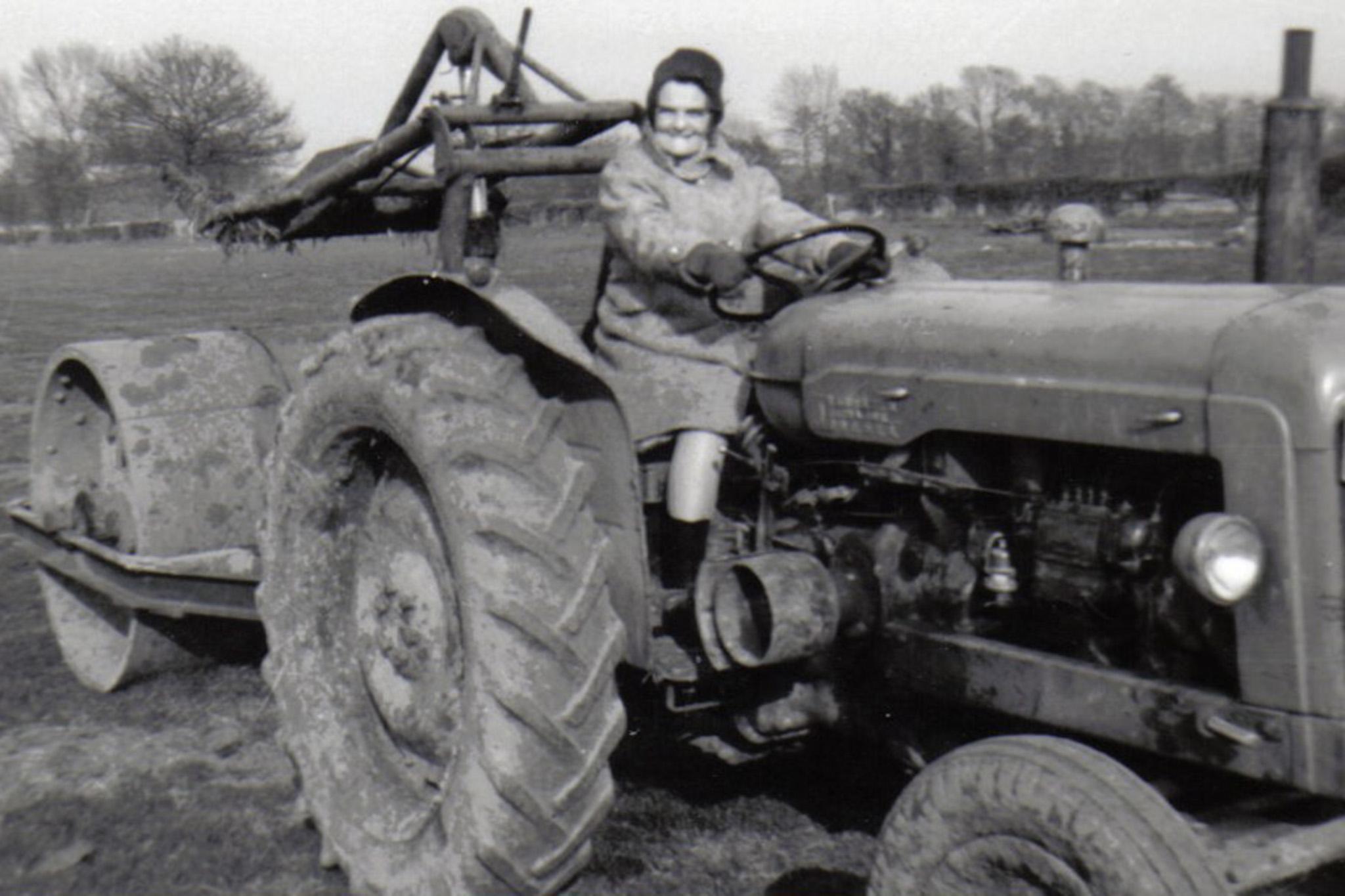
And yet, the scale of the task is so colossal, that it often leads individuals to feel overwhelmed. “People can feel a lack of agency,” Dr Taylor says. “We can feel that what we do amounts to such a small drop in the ocean,” he continues, “but when it comes down to it, change comes from a number of directions: from the top down and from the bottom up. We need governments to change policies, and individuals and big business to change their behaviours.”
We could learn a lot from our grandparents, he says, about living sustainably. “Lowering energy usage, reducing our meat consumption, and eating and growing more fresh produce are all habits of yesteryear that could have a positive impact on both the environment and our health.”
I put this question to my mum, Stephanie, and was soon looped into a Whatsapp group conversation with her friends about the habits and routines of their parents to save money that would now be considered “life hacks” for those wanting to reduce their imprint on the environment. “Your grandmother made our clothes and so did I,” Mum tells me. “When I grew out of a knitted jumper, she’d unravel it, add some wool and make a bigger one.’’
My dad, Roger, says my grandparents would always darn knackered socks, and that cobblers were a much more important business in those days. Responsible shopping is also a theme. “If we did buy clothes, they were always second-hand or pre-worn.” Another common thread was a much-reduced wardrobe, “aside from school uniform, as a teenager I had about three other outfits,” Stella Parton says “and my clothes were worn out before I’d even grown into them!”
Lexie Gower pointed out that with regards to children’s clothes, her mother thought ahead: “My mum bought my school skirt in the first year big enough to still fit me by O’levels,” she says. “I was 4ft 8” in first year and about 5ft 5” by the age of 15!” And as Sue Garner points out, “people weren’t so obsessed with cleanliness, so we washed clothes less.”
Repairing broken items was also considered the norm: “Our house, like many of my friends’, more often than not had some appliance dismantled on the kitchen table next to a soldering iron,” Gower says. “Cars were always sitting with bonnets up being fixed at home,” she says. “When a teddy wore out, my nan would knit it new clothes and there was a dolls’ hospital in town where we would take them if they broke.” Of course, these days, the state education system has moved away from more “practical” skills towards those that are considered to be more relevant to the modern world (and those that will be more in demand as artificial intelligence – AI – replaces certain jobs): science, maths, English and computing.
An aversion to or lack of access to central heating is a shared experience that carried its own related habits. “We would always shut the door when leaving the room to preserve the heat,” my mum tells me, “and put on extra layers or use hot water bottles if cold at home, rather than altering our environment.” And, of course, “lights were always turned off when you left a room,” adds Garner.
On a day-to-day level, there were fewer disposable items. “We used handkerchiefs rather than single-use tissues”, mum says. “I even remember your grandma washing plastic bags in the sink to reuse them!” According to Garner: “We used paper bags for everything, if not then wicker or rattan.” She continues: “Products in those days were packaged much less ostentatiously too.”
“We didn’t have any cling film,’’ mum says, “we just covered food with a plate.”
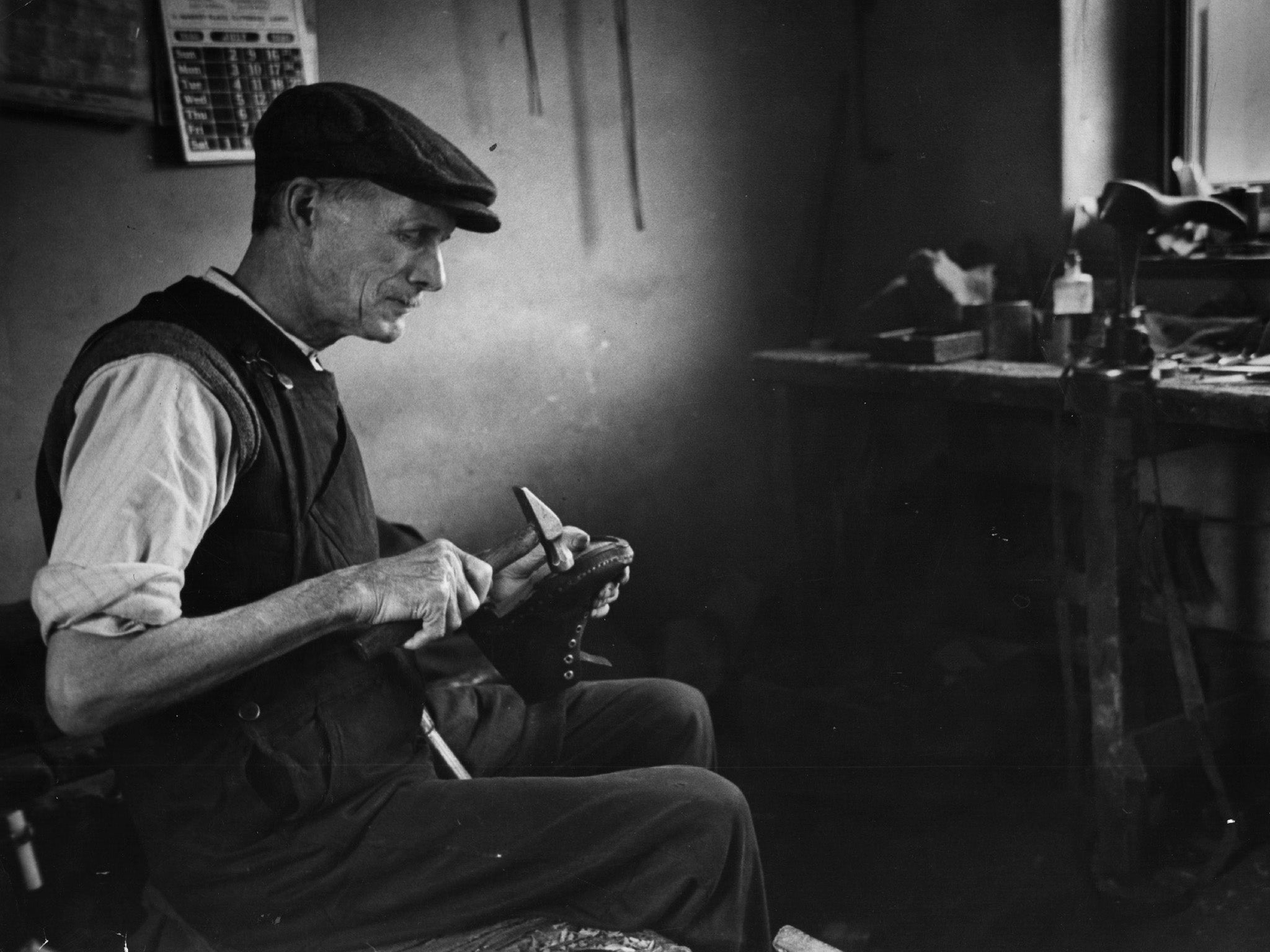
Food is a huge topic. I opened up the question to my social media. “My grandma still lives by the rule that you can use a single teabag seven times,’’ says Jess Commons, an editor from London.
“It was very common for houses to have compost heaps out the back,'' says Gower. "And more people would grow their own food. Indeed, if I can’t get hold of my mum she is probably on her knees in the veg patch.''
“We’d regularly go and pick hedgerow fruit,” my dad says, and of course in those days, milk was delivered in glass bottles, a trend that is seeing a resurgence.
“On a Sunday, we’d cook all of the food in the oven we needed for the week, to avoid having to use it more than once,” says mum. “We’d have stews, cakes and animals roasting in there. And, if we did eat meat, it was more often than not cheaper cuts, like shin beef, neck and breast of lamb, belly pork, liver, kidneys and other offal, making use of the whole animal.”
Garner adds: “Food was never wasted. Everything was used up and waste was considered terrible because people had grown used to having so little during the war.” They were creative with cooking leftovers and making sure every single thing was eaten too – a huge leap from where we are today, when you consider that research by the Hubbub Foundation and Knorr estimates that in the UK, 8m pumpkins will have been thrown away last week.
And then there is transport. “We walked to school and if your family had the luxury of a car, you’d still only use it when necessary,” mum says. “Your grandma would do her shopping on foot and only buy what she could carry.”
“And if you were lucky enough to go on holiday, it would be much closer to home,” Garner adds. “If it rained on holiday,” my mum says, “you’d still enjoy yourself.” Obviously our cultures and expectations with regards to travel have changed a lot since those days, particularly with the advent of low-cost airlines, and it has become much more common for people to live in different countries or regions to where they were born. But making domestic holidays cool again would certainly help.
It feels important to mention here that not all of the habit changes since those days are negative. As Gower points out: “In those days, it was common for people to burn their waste in a bonfire at the end of their garden, and you’d often see big billowy black clouds floating up into the air, as well as big fossil-fuel burning factories.” Dr Taylor also highlights how new packaging technology, particularly for food, has transformed food sanitation, which obviously “carries with it a public health benefit’’. Vehicles these days, though used more frequently, have also been the focus of much innovation, meaning they are more efficient and produce fewer emissions. And new technologies and solutions are being studied and implemented all the time to reduce these to zero.
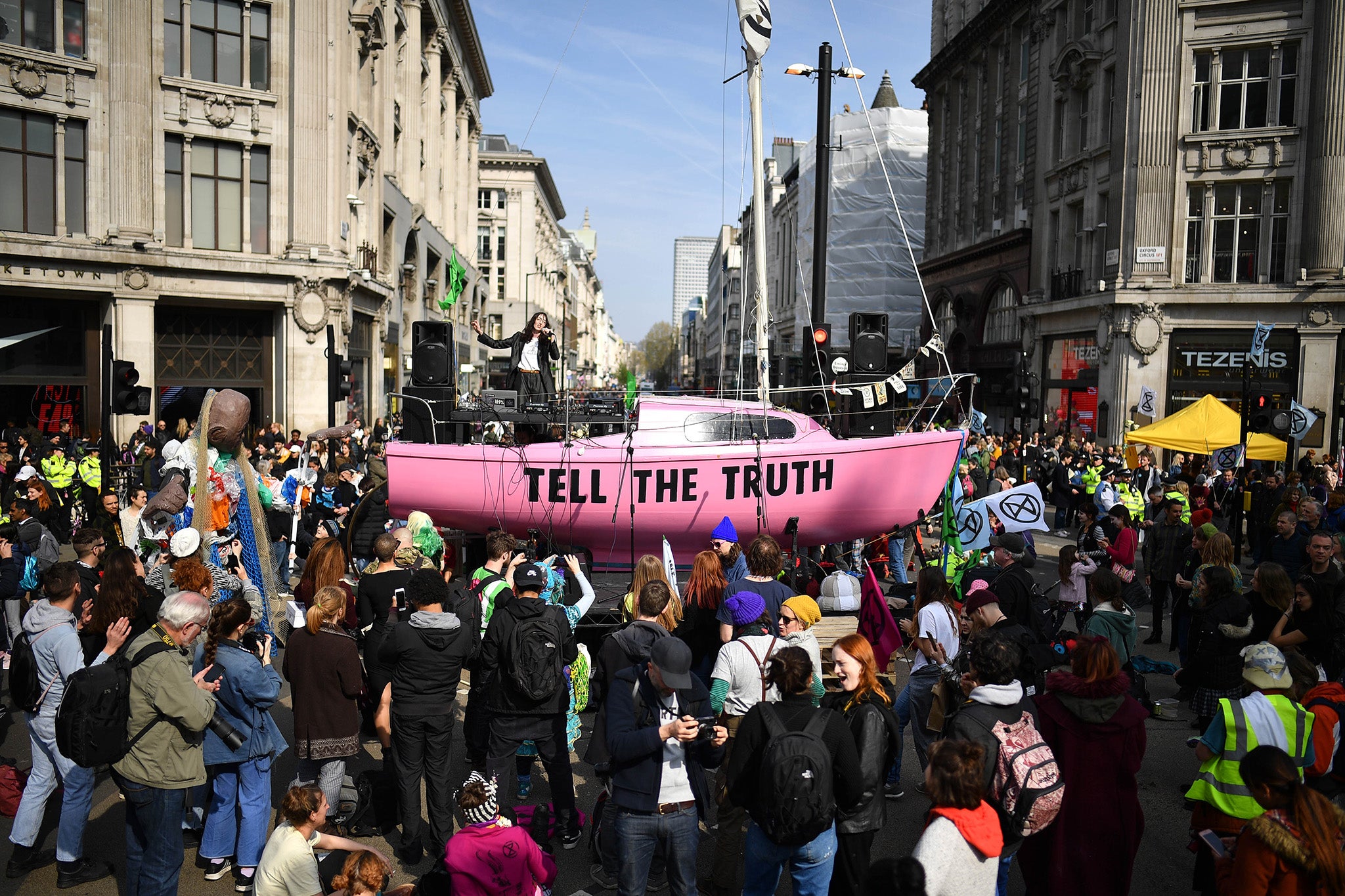
No one is advocating for a unilateral return to the past – the steady march of progress has afforded rights to women, LGBTQ+, Bame and other marginalised groups that were non-existent then. Technology has brought with it efficiency gains, greater standards of living for more people and a better understanding of the human body and how to care for it, adding years to many peoples’ lives, among other things. But there is a lot to be said for looking to the past for ideas when it comes to sustainable living.
The recent decision of Sebastian Pinera, the president of Chile, to pull his country out of hosting the UN’s annual environment conference, COP25, demonstrates how quickly the climate emergency can be pushed down the priority list in favour of domestic politics. “No matter what we do, there will still be costs to future generations from climate change,” Taylor says. “We can’t mitigate all of the existing damage through adaptation, but we can prevent the situation worsening, which is why we need to start today.”
In the absence of real leadership at a policy level, the role of the individual becomes more important in influencing change in a demand-led economy. Current trends towards sustainable living have fallen short of being inclusive. The narrative needs to change to one that promotes the economic benefits to individuals of moving towards a circular economy. And – in the face of such immediate threats to human and animal life, and biodiversity – why waste time innovating new methods when there are so many good ones we can reuse and recycle?
Subscribe to Independent Premium to bookmark this article
Want to bookmark your favourite articles and stories to read or reference later? Start your Independent Premium subscription today.
Join our commenting forum
Join thought-provoking conversations, follow other Independent readers and see their replies
Comments